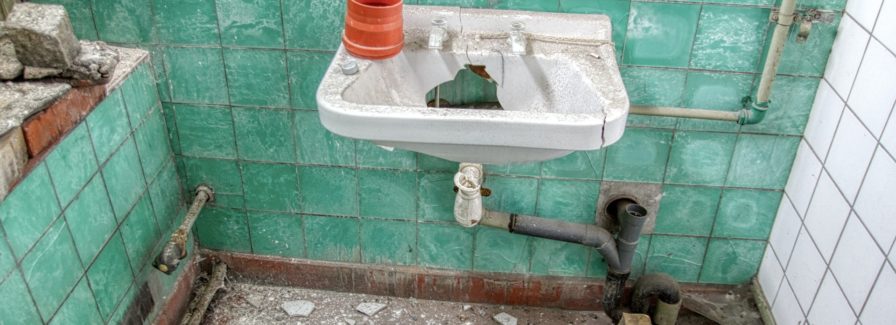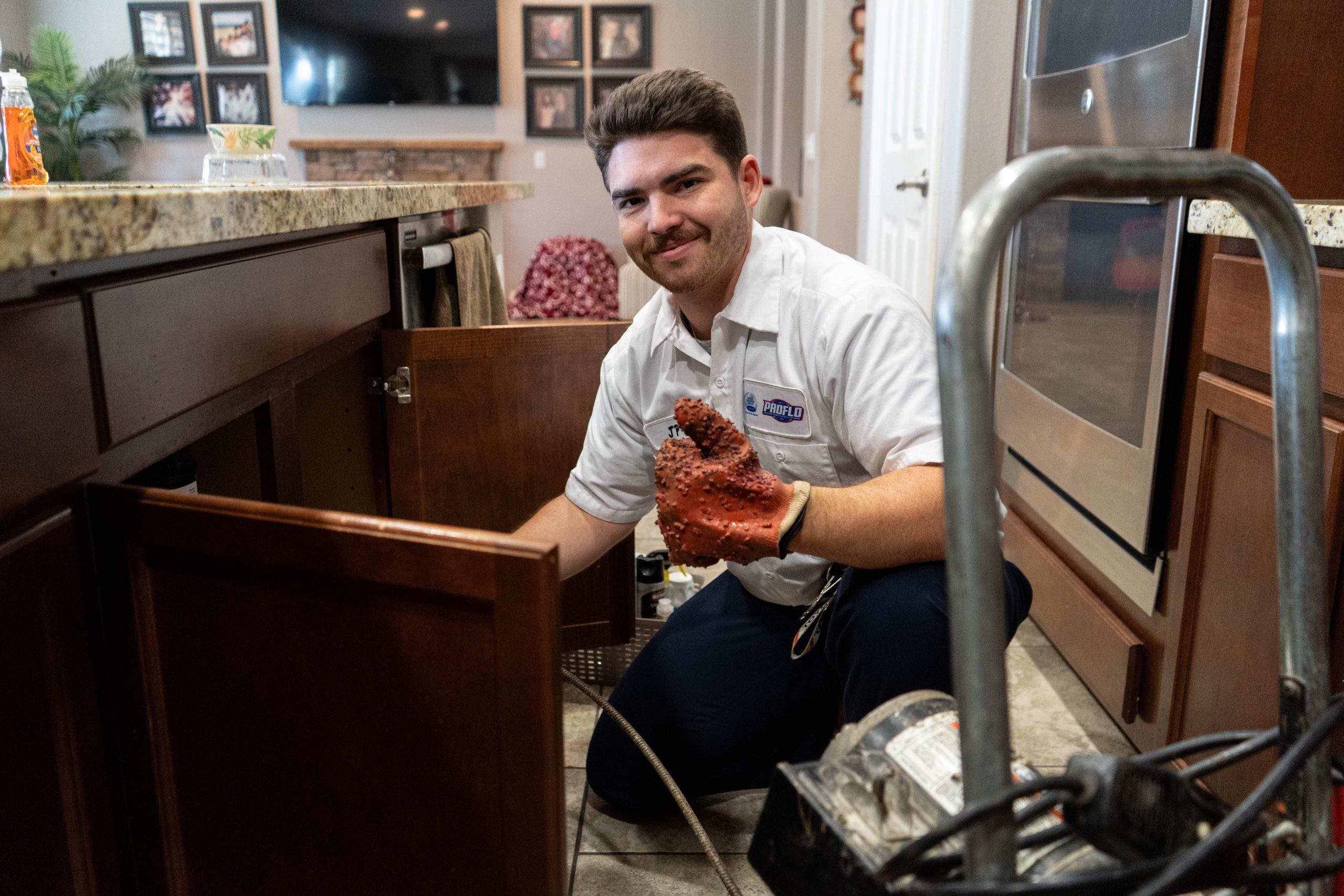How to Effectively Deal with Plumbing Issues in Older Homes
How to Effectively Deal with Plumbing Issues in Older Homes
Blog Article
They are making a few good points on the subject of Main Plumbing Issues Found in Old Houses in general in this great article down below.

Older homes commonly feature appeal, character, and history, yet they can likewise bring a host of plumbing issues. Whether you're managing aging pipelines, low tide stress, or leaks, recognizing how to resolve these typical problems is crucial to keeping a safe and useful home. In this guide, we'll discover the common pipes challenges faced by older homes and supply useful remedies to keep your pipes in top shape.
Recognizing Common Pipes Issues
Aging Pipelines
Among the most usual problems in older homes is maturing pipes. Relying on the era in which your home was developed, the pipelines might be made from products that have degraded over time, such as galvanized steel, cast iron, and even lead. These products can corrode, end up being weak, or establish leakages, leading to water damage and possible health hazards.
Water High Quality Screening
Older pipes can impact the top quality of your water. Conduct a water quality test to look for impurities such as lead, rust, or various other contaminations that may be introduced by aging pipelines.
Solutions for Usual Plumbing Issues
Replacing Aging Pipes
If your home has old, degrading pipelines, consider replacing them with contemporary products like copper or PEX. This can be a significant investment, however it will certainly protect against future issues and improve the security and dependability of your plumbing system.
Fixing Low Water Pressure
To take care of low tide stress, beginning by cleaning or replacing old fixtures and eliminating mineral build-up in the pipes. If the problem persists, it might be essential to change areas of rusty pipelines.
Fixing and Replacing Dripping Pipes
For small leakages, you can make use of pipeline clamps or epoxy putty as a temporary fix. Nevertheless, it's finest to change leaking pipes completely to prevent further damage.
Updating Fixtures
Upgrading old fixtures to modern, water-efficient versions can improve your home's plumbing performance and reduce water usage. Seek fixtures with the WaterSense tag for the best effectiveness.
Taking Care Of Pipeline Deterioration
If your pipelines are rusted, replacing them with corrosion-resistant materials like copper, PVC, or PEX is the very best service. Regular evaluations and water top quality maintenance can aid avoid better corrosion.
Low Water Pressure
If you're experiencing low tide pressure, it could be because of mineral deposits, corrosion inside the pipelines, or old components that are no longer functioning efficiently. This can be a significant trouble, particularly in areas like showers and sinks.
Dripping Pipes
Leaks are an additional frequent issue in older homes, often brought on by corroded or worn-out pipelines. Even small leaks can lead to substantial water damages, mold development, and boosted water bills if not dealt with promptly.
Out-of-date Fixtures
Out-of-date pipes fixtures such as taps, commodes, and showerheads not just look old but might also be less effective, susceptible to leakages, or inappropriate with modern plumbing criteria.
Pipe Deterioration
Deterioration is a typical trouble in older pipes, specifically those made from galvanized steel or cast iron. Rusty pipes can limit water flow, create discoloration, and at some point lead to leaks or pipeline bursts.
Assessing the Condition of Your Pipes
Inspecting Noticeable Pipelines
Begin by evaluating any visible pipelines in your home, such as those in basements, crawl spaces, or under sinks. Seek indications of deterioration, leaks, or rust, which can suggest underlying concerns.
Checking for Leakages
Look for leakages by inspecting areas around faucets, toilets, and under sinks. You can likewise monitor your water meter before and after a duration of no water use to find surprise leaks.
When to Call an Expert
While some pipes problems can be taken care of with DIY options, there are times when it's ideal to hire an expert. If you're managing major leaks, substantial deterioration, or are unsure about the problem of your pipelines, a licensed plumbing can supply experienced assessment and repair work.
Preventive Maintenance Tips
Regular Evaluations
Consistently inspect your plumbing system for signs of deterioration. Catching problems early can stop pricey fixings down the line.
Water Stress Regulation
Guarantee your water pressure is within the recommended range to avoid stressing your pipes and fixtures. A plumbing technician can set up a pressure regulatory authority if required.
Water Top Quality Upkeep
Set up water filters or softeners if your water quality is poor. This can protect your pipes and components from damages triggered by difficult water or pollutants.
Proactive Pipe Substitute
If your home has older pipes, consider proactive substitute prior to major issues arise. This can conserve you from emergency repairs and water damage.
Verdict
Taking care of plumbing issues in older homes calls for a mix of watchfulness, preventive upkeep, and timely upgrades. By understanding the usual obstacles and understanding when to seek expert assistance, you can ensure your pipes system stays functional and trusted for several years to find.
Common Plumbing Issues in Older Homes
Pipe corrosion
Pipe corrosion is a common plumbing issue in older homes. Several factors can cause pipes to corrode:
Water: Ironically, water is the number one cause of pipe corrosion. When water seeps into cracks in pipes, it can cause the metal to rust and break down, leading to leaks or even burst pipes.
Oxygen: Oxygen is another significant culprit in pipe corrosion. When oxygen interacts with water, it can cause the metal to oxidize and weaken.
Chemicals: Chemicals such as chlorine and fluoride can also contribute to pipe corrosion. These chemicals can react with the metal in pipes, causing them to break down over time.
Leaky pipes
Pipes that leak is one of the most common plumbing issues plaguing residents of older houses. While a small leak may not be a problem initially, it can lead to significant problems if left unaddressed. In addition, water damage can be very costly to repair and may cause damage to electric fixtures, promote mold growth and cause many other issues.
Worn-out fixtures
Older homes often have worn-out fixtures which may need replacement. Over time, the finishes on fixtures can wear down, exposing the underlying metal to corrosion. This can cause fixtures to leak or even break completely. It s best to have a professional plumbing contractor regularly inspect the fixtures in older homes and replaces them if necessary.
Faulty water heaters
A leaky water heater can cause severe damage to the home as it can be both a flood and fire hazard. Call a plumber immediately if it appears that the water heater might be leaking.
If the heater isn t working correctly, it could be because the pilot has gone out. The pilot light going out may indicate gas supply issues or leaks. It is also worth checking the thermostat to see if it needs to be adjusted.
If the water heater is making strange noises, it could be due to sediment buildup in the tank. Sediment can interfere with the heating elements and cause them to overheat. Overheating can damage the tank and shorten the lifespan of the water heater.
https://www.norfleetfamilyplumbing.com/blog/common-plumbing-issues-in-older-homes

I came across that blog entry about Plumbing Issues in Older Properties and How to Fix Them while scouting around the search engines. Make sure you take the opportunity to promote this article if you appreciated it. I am grateful for your time. Don't forget to come visit our blog back soon.
Call Today Report this page